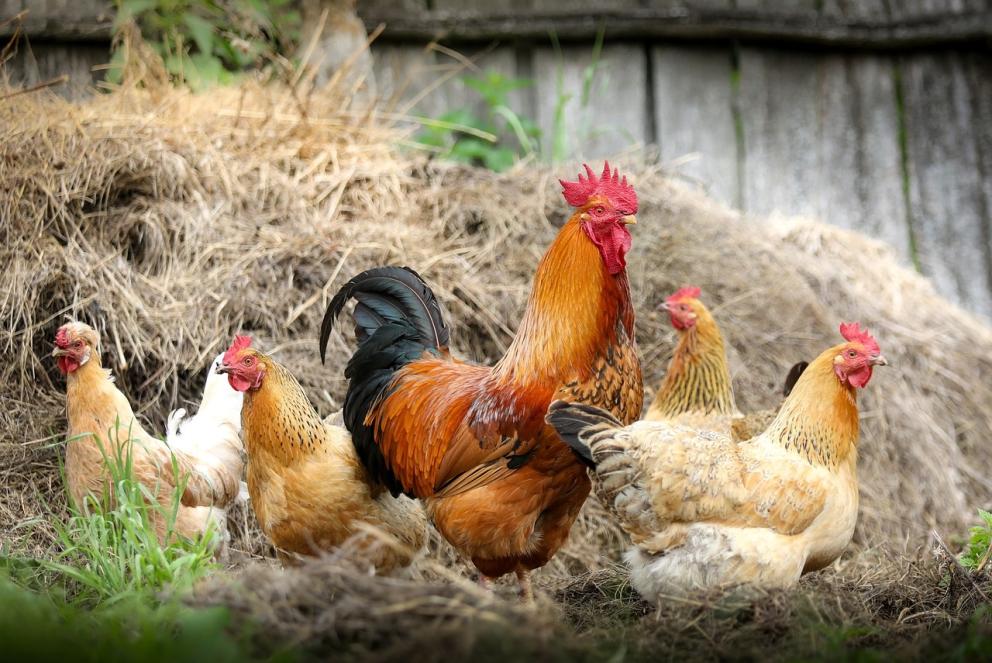From 1 September, everyone who keeps outdoor birds will be required to register them on the new Scottish Kept Bird Register (SKBR) to ensure you are kept up to date with all information needed to help you keep your birds safe and secure from avian flu outbreaks.
These new requirements apply to commercial and backyard flocks, birds of prey, pigeon fanciers, and all other captive birds (including pets).
They do not apply to birds on premises, for example parrots and budgerigars, or perching birds, including jays and finches, which have no outdoor access and are housed within a fully enclosed structure.
The SKBR has been introduced throughout Great Britain to help manage potential disease outbreaks, such as avian influenza and Newcastle disease, and limit any spread.
Information on the register will be used to identify keepers in disease control zones and provide them directly with vital information at the earliest opportunity. More effective monitoring and control of outbreaks means that local restrictions can be lifted at the earliest opportunity.
It takes less than 10 minutes to register on the SKBR online-portal. You can populate, access and amend information at any time and you will be reminded to refresh your information every 12 months. This keeps the information accurate should information have to be issued during an outbreak.
Login to the Scottish Kept Bird Register on the Scottish Government website.
Councillor Kieron Green, Policy Lead for Planning and Regulatory Services, said: “I would urge people to spend 10 minutes registering with the Scottish Kept Bird Register before the 1 December 2024 deadline.
“It’s the best way to get the information you need to keep your birds, whether domestic or commercial, safe should a disease outbreak occur. The right information, at the right time, is a critical step in containing disease. It can save money and heartbreak.”
Notes:
These changes come following the UK’s worst ever outbreak of highly pathogenic avian influenza (HPAI), with more than 360 cases across Great Britain since late October 2021, including in a significant number of backyard flocks. We have also seen a change in the epidemiology of the disease. Prior to 2021, HPAI in the UK was seasonal, and outbreaks would start when wild waterfowl migrated into GB in autumn, and would end when these wild waterfowl departed in summer. During the last three years, the circulating strain of HPAI H5N1 was detected in a wider range of wild bird species, with maintenance of the virus in different native UK wild bird species throughout the summer months.



